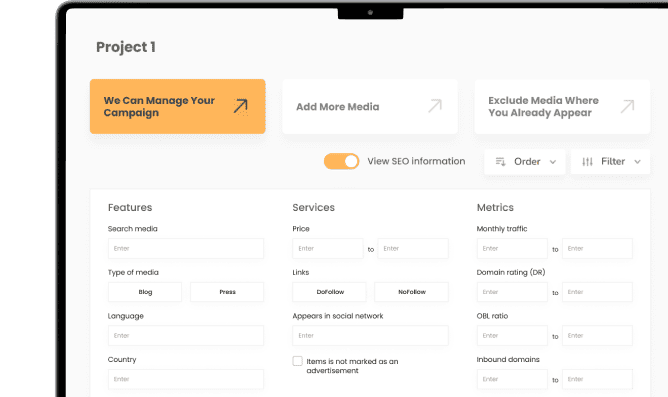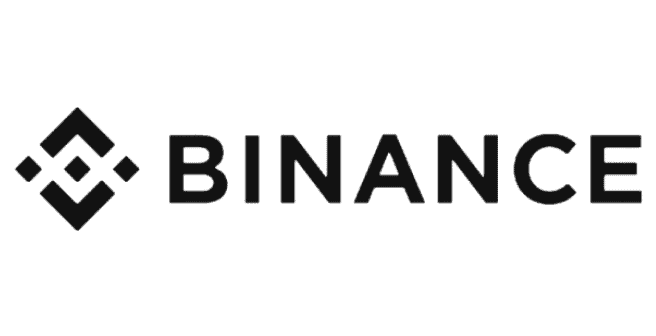
In the world of digital tourism, link building emerges as a crucial tool for strengthening the presence of companies in the sector. Trust and authority become indispensable allies to improve SEO rankings, attract qualified traffic, and consolidate the brand. From collaborations with influencers to inclusion in renowned directories, effective link building strategies prove to be the passport to success in an increasingly digitalized tourism ecosystem.
The impact of link building in the tourism sector
Authority and trust as key elements
In the tourism world, trust is indispensable. Quality links from recognized sites act as an endorsement for brands, increasing their credibility. When a travel company is mentioned by a reliable source, consumers tend to perceive it positively. Additionally, these links are essential for SEO ranking, as search engines interpret them as a sign of relevance and authority for the linked website.
Increased visibility and attraction of qualified traffic
A well-planned link building strategy can greatly increase visibility in search engines. By obtaining links from relevant and high-authority websites, a travel company can improve its position in search results, leading to an increase in website traffic. This traffic is qualified, meaning it consists of users who are genuinely interested in the company’s services, which increases conversion chances.
Strengthening the brand in the digital ecosystem
Presence in blogs, travel guides, and other online resources is essential to strengthening the brand in the digital ecosystem. Links from these sites not only generate direct traffic, but they also contribute to brand recognition in the travel market. The more consumers see the brand in different contexts, the more its credibility and familiarity grow, which in the long term translates into greater customer loyalty.
Effective link building tactics for tourism companies
Creating attractive content for travelers
One of the most effective ways to attract natural links is by creating engaging and useful content for travelers. Detailed travel guides, must-see destination lists, and practical tips are types of content that are not only shared by users but also cited by other websites in the sector. This valuable content acts as a magnet for links, improving the brand’s visibility and authority.
Examples of content that generate interest include articles about little-known destinations, personalized itineraries, and unique travel experiences. This content not only captures the attention of travelers but is also valuable for other sites looking to enrich their own content, resulting in backlinks and increasing domain authority.
Collaborations with influencers, travel bloggers, and link acquisition platforms
Establishing strategic relationships with influencers, specialized travel bloggers, and platforms like Growwer can be a powerful tactic to obtain valuable links. These collaborations can range from destination reviews to sponsored experiences or exclusive interviews. The key is to choose collaborators who share the company’s vision and can bring authentic value to the audience, generating content that resonates with potential travelers.
Inclusion in quality travel directories
Appearing in renowned travel directories like TripAdvisor or Lonely Planet not only provides valuable links, but also increases the company’s visibility among travelers actively searching for information and tourism services. These directories are visited by millions of users every day, representing a significant exposure opportunity for companies that manage to stand out, improving their credibility and attracting qualified traffic.
| Actions to optimize listings |
|---|
| Include attractive photos |
| Provide detailed descriptions |
| Offer special promotions |
Generating news and press releases
Creating relevant news and press releases can be an effective strategy for generating quality links from specialized media. Tourism companies can leverage events such as the opening of new destinations, innovations in travel services, or sustainable tourism initiatives to attract press attention. When these news stories are picked up by relevant media, they not only increase visibility but also contribute to creating high-quality and authoritative links, reinforcing the company’s position in the sector.
Finding these quality media can be quite a challenge, but with Growwer, you can search among more than 30,000 quality media outlets, many of them related to travel, so you can analyze which is the best for your business. Registration is completely free.
Best practices for successful link building in travel
Focus on link relevance and quality
In the world of link building, quality should always prevail over quantity. Obtaining links from websites related to tourism ensures that they are relevant and high-authority. A single link from a well-known travel blog can have much more impact than multiple links from unrelated sites. Additionally, quality links are more durable and help build a solid long-term reputation, improving SEO ranking sustainably.
Customization of collaboration proposals
Customization is key when it comes to collaboration proposals for link building. When reaching out to other websites, it is essential to tailor each proposal according to the characteristics and audience of the target site. Understanding the site’s needs and focus allows for offering content or collaborations that truly add value, increasing the chances of success and establishing long-term relationships in the tourism sector.
Innovation in linking strategies
The tourism sector is constantly evolving, and link building strategies must adapt to these changes. Innovating in the forms of collaboration and the type of content is crucial to staying relevant. For example, creating interactive content or using virtual reality can not only attract user attention but also open new avenues for obtaining quality links, differentiating from the competition.
The integration of new technologies and creative approaches in link building not only differentiates a company from its competitors but can also position it as an innovative leader in the sector. These strategies not only provide immediate value but can also establish a solid foundation for long-term success, increasing the authority and relevance of the brand in the digital tourism ecosystem.
Link building success stories
Success of a local travel agency
A local travel agency achieved a notable 50% increase in organic traffic in just six months thanks to a well-executed link building strategy. This strategy focused primarily on local collaborations and presence in specialized travel directories. By targeting a specific audience and relevant partnerships, the agency was able to stand out in its market, demonstrating the effectiveness of a localized and sector-adapted approach. This case illustrates how a well-directed link building strategy can have a significant impact even for smaller or niche companies.
Airbnb and its global expansion
Airbnb is a prominent example of how an effective link building strategy can drive a company’s global growth. The platform has collaborated with travel bloggers and specialized websites through interviews, reviews, and sponsored content, which has been crucial for its expansion. These efforts not only generated quality links but also significantly increased its visibility in searches related to accommodations and travel experiences.
The impact of these collaborations has been significant, positioning Airbnb as a leader in the alternative accommodation sector. The combination of quality links and attractive content has allowed the company to reach new markets and consolidate its presence worldwide, demonstrating the power of link building when integrated with a holistic digital marketing strategy.
In conclusion, link building strategies in the travel industry are essential for improving online visibility and brand authority. From creating attractive content to strategic collaborations, these tactics not only increase organic traffic but also strengthen the digital presence of tourism companies, ensuring their long-term success in a highly competitive market.







